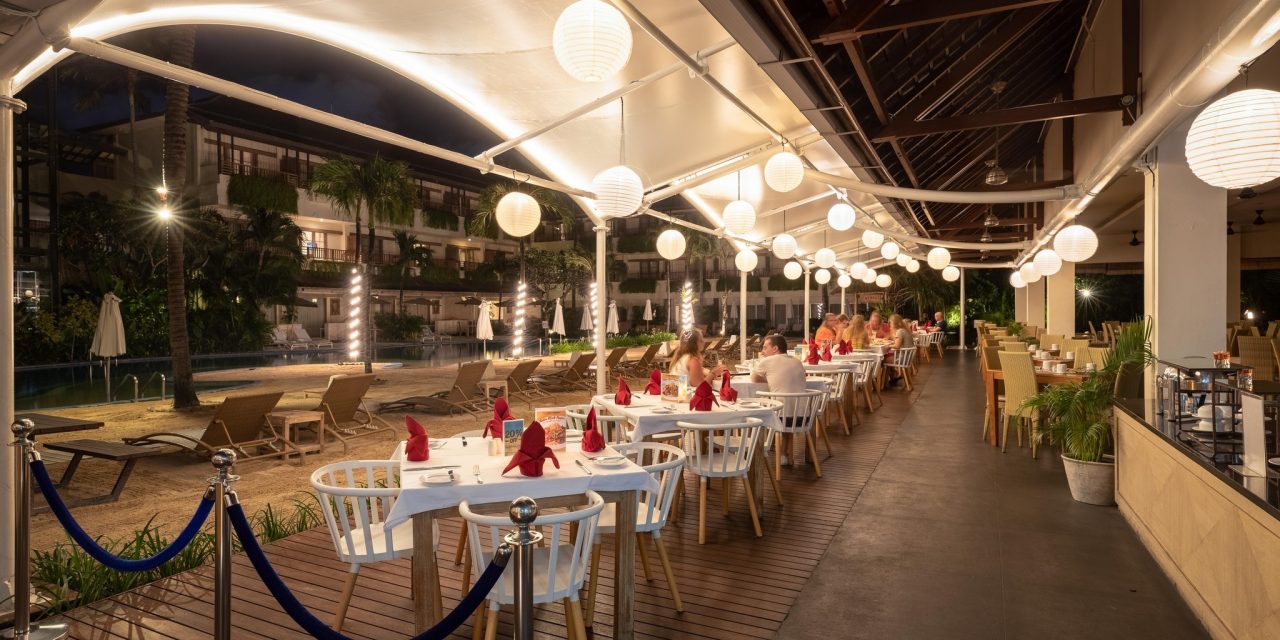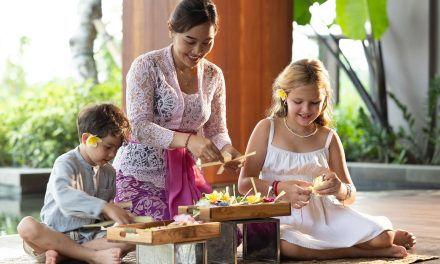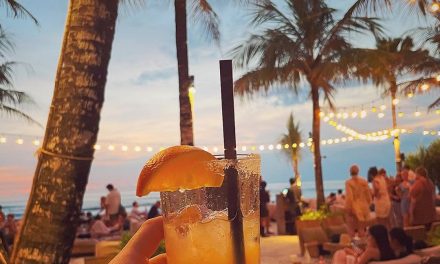If you’ve ever dreamt of mastering the art of Balinese cooking, immersing yourself in its vibrant culture, and savoring the tantalizing flavors it offers, then advanced Balinese cooking workshops in Bali might just be your next adventure. I remember my first foray into Balinese cuisine as if it were yesterday. The aromas of toasted spices wafting through the air, the colorful ingredients arranged like a canvas, and the joy of creating dishes that not only nourish the belly but also tell a story. Let me take you on a journey through this culinary paradise, share some personal anecdotes, and provide useful insights into these workshops.
The Allure of Balinese Cuisine
Balinese cooking is a delightful experience. It’s more than just food; it’s a celebration of culture and traditions passed down through generations. The flavors are bold and complex, often combining sweet, salty, spicy, and sour in one dish. Imagine biting into a piece of Bebek Betutu (slow-cooked duck), where the spices have melded perfectly to create an explosion of flavor. Or the refreshing taste of a Gado-Gado salad, drizzled with a creamy peanut sauce that dances on your palate.
What sets advanced Balinese cooking workshops apart from beginner classes is the focus on authentic methods, intricate techniques, and the importance of presentation. As someone who enrolled in one of these workshops, I can attest that the experience elevated my cooking game and deepened my appreciation for the culture behind the cuisine.
Choosing the Right Workshop
With numerous cooking schools throughout Bali, selecting the right advanced cooking workshop can feel daunting. Here are a few tips based on my journey:
1. Research the Chefs: Look for workshops that feature local chefs with deep-rooted Balinese culinary knowledge. One of my favorite experiences was learning from a chef whose family had been in the food business for over three generations. Their passion and stories added a rich context to the cooking techniques.
2. Focus on Ingredients: A good workshop will prioritize the use of fresh, local ingredients. Some classes may even take you to the traditional markets for a guided shopping experience—a great way to immerse yourself in Balinese culture. I vividly remember wandering through Ubud Market, the vibrant sights and sounds stimulating my senses as we selected exotic spices and local vegetables.
3. Hands-On Experience: Choose workshops that emphasize hands-on cooking rather than just demonstrations. My workshop was structured so that we actively participated in each dish. This not only made it fun but also helped solidify the skills I was learning.
What to Expect in an Advanced Workshop
Once you’ve chosen a workshop, brace yourself for a transformative experience. Advanced workshops typically last several hours to a full day, allowing participants to delve deeper into techniques and flavors.
Learning Techniques
In my workshop, we explored various advanced techniques such as making the perfect sambal (spicy sauce), blending spices to create the quintessential Balinese bumbu (spice paste), and employing traditional cooking methods like steaming in banana leaves. Each technique was taught with care and emphasis on the authentic practices of Bali.
For example, one memorable session involved creating Nasi Goreng (fried rice). The chef taught us to use leftover rice, explaining how the texture is crucial for achieving the perfect fried rice. We also experimented with different proteins, making it a personalized dish that resonated with our palates.
Cultural Immersion
Aside from cooking, workshops often include cultural insights. I recall sitting around a communal table, sharing the dishes we had prepared while the chef recounted stories about Balinese customs surrounding food. It was fascinating to learn that food is often sacred in Hindu rituals, and each dish served a purpose beyond mere sustenance.
Practical Tips for Your Workshop Experience
As you prepare for your advanced Balinese cooking workshop in Bali, here are some practical tips to fully enjoy and benefit from the experience:
– Come with an Open Mind: Embrace the unfamiliar ingredients and cooking techniques. Let your curiosity guide you, just like I did with that peculiar tempeh (fermented soybeans) that I had never cooked with before.
– Take Notes: Don’t hesitate to jot down recipes and tips as you go. I created a small culinary diary during my workshop, which turned out to be an invaluable reference once I returned home.
– Engage with Fellow Participants: Cooking is a social experience. Share your insights and stories—who knows, you might make a lifelong friend! In my workshop, I ended up creating a delightful rapport with a fellow participant who shared my enthusiasm for food photography.
– Practice at Home: After your workshop, dive into your kitchen and recreate what you’ve learned. Invite friends over for a Balinese night, showcasing the dishes you’ve mastered. Trust me, it’s a wonderful way to relive the memories!
Final Thoughts
Investing time in advanced Balinese cooking workshops in Bali is not just about learning to cook; it’s about embracing a culture, connecting with people, and experiencing the heart of Bali through its culinary arts. Whether you are a seasoned cook or a passionate foodie, these workshops promise a rewarding and enjoyable adventure.As you embark on this culinary journey, keep your heart open and your taste buds ready. With every spice you grind and every dish you assemble, you’ll find a piece of yourself woven into the rich tapestry of Balinese cuisine. So pack your bags, book that workshop, and get ready to stir up some magic in the beautiful kitchens of Bali!






